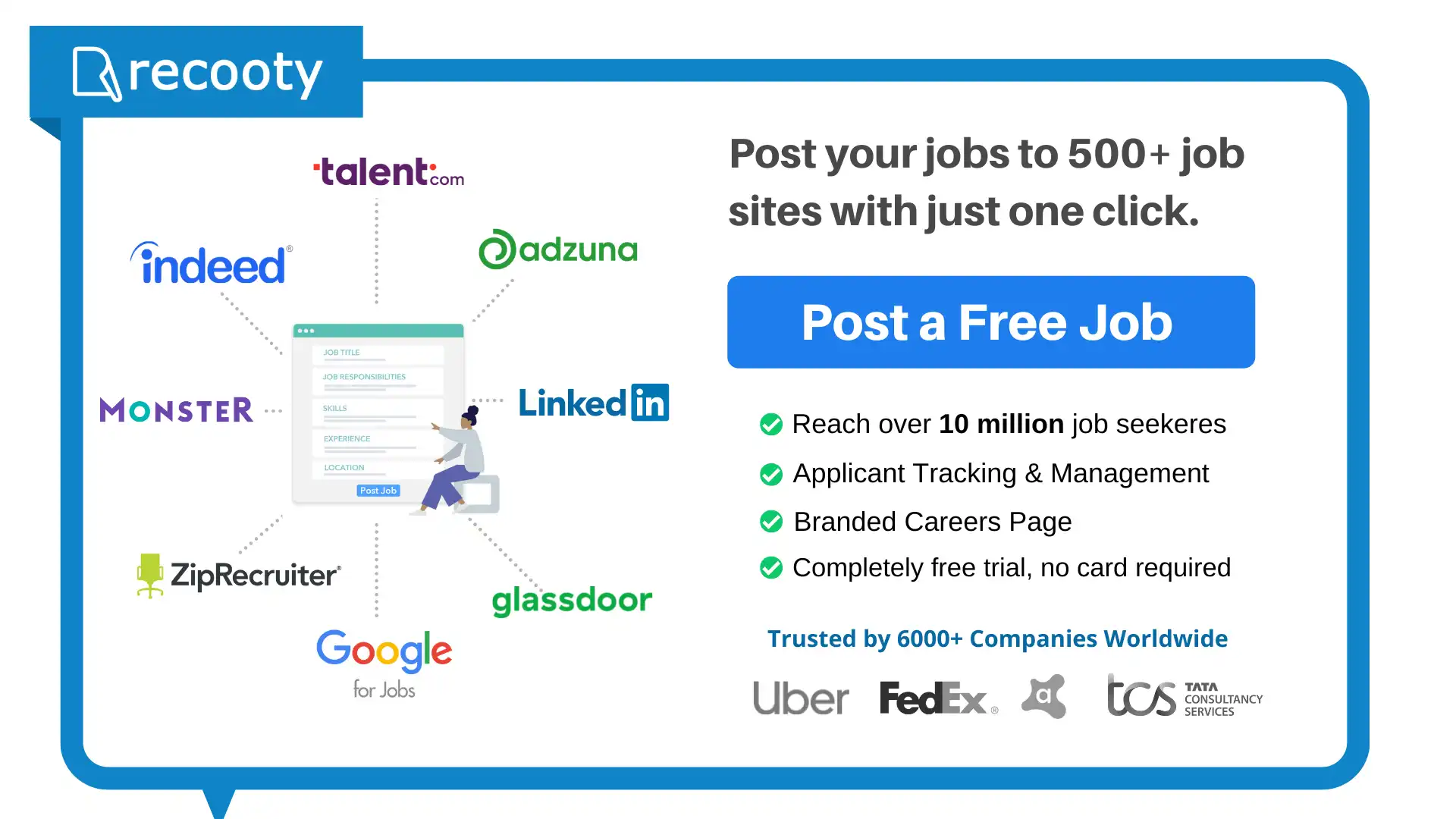
Remote work has been a rising trend for quite some time now. 52% of the global workforce was already working remotely once a week before the crisis. But this pandemic has been a catalyst for remote work to become a necessity. According to some surprising stats, 88% of organizations have urged their employees to work from home since the outbreak. Looking into the current situation, there’s a good chance that remote work is the new normal. You need to not only level up your remote hiring game but also your remote team management strategies. Setting goals is the first step in managing teams, whether remote or non-remote. So, let’s take a look at 5 awesome tips on how you can set goals that align with your remote teams.
Most of the companies around the world are on the brink of going into remote work for the first time ever due to the current pandemic. Now that so many organizations are working remotely, managers have to find a way to normalize remote work. It has become essential for managers to keep their remote teams engaged, function normally, and boost productivity. One of the key factors in achieving this is to set goals that align with your remote teams’ goals. Setting meaningful goals is the key factor for remote team managers to achieve success. While most of us think that remote work boosts productivity, it is important to make them feel like they have enough managerial guidance to get their work done.
Smart Applicant Tracking System for Startups
Here are 5 tips on how you can set goals that align with your remote teams
1. Set S.M.A.R.T Goals
Goal setting has a lot more to it than just blindly jumping into decisions. For managing your remote team, you need to set S.M.A.R.T goals. Here, SMART stands for Specific, Measurable, Achievable, Relevant, and Time-bound. This acronym literally and actually makes sense because by analyzing and implementing all these factors, you will truly make your goal-setting process smart. Let’s look into each aspect of S.M.A.R.T now.
Specific
During this challenging time, your goals need to be meaningful and focused on the right things. So, decide on what exactly should be the outcome that you want and accordingly set specific goals. Evaluate the 5Ws of your objectives, what, who, why, when, and where. What do you want to achieve, who can be the right person for it, why is it important, when is it needed, and where can you get the resources. This will help a lot in setting specific goals.
Measurable
If a goal is measurable, its progress is easily trackable. If you set big unrealistic goals, not only will your remote employees may get demotivated, but also you won’t be able to tell if they achieved their goal or not. With remote work, most of your goals will be data-driven. So you can easily set measurable goals.
Achievable
Remote work doesn’t simply mean your employees can work more than usual, just because they’re working from their homes. Of course, you need to set goals that are within the realm of possibility.
Relevant
You can’t set goals just for the sake of setting goals. As managers, sometimes you may get carried away and set goals that are not relevant to your company. Your goals need to make sense for the company.
Time-bound
Setting deadlines is a part of the goal-setting process. A set goal needs to have a deadline, otherwise, your remote employees will not have the drive to achieve it. You need to set a deadline that aligns perfectly with your requirements as well as your employee’s capabilities.
2. Set Clear Expectations
A big part of setting goals is to make your remote employees aware of your expectations. Your remote team should know how to plan their work schedule and productivity according to your expectations. If you set clear expectations, it will help your remote team to know how their work contributes to the bigger picture. It will help your employees save the energy that they would have needed in figuring out what they need to do.
3. Communicate With Your Employees Regularly
Communication is one of the biggest challenges of remote work. Working remotely means you can’t communicate physically, face-to-face. Communication happens only over calls, chats, or virtual meetings. So, the functioning of remote teams becomes impossible without excellent communication. You need to communicate constantly with your team to know what’s going on in their minds. Schedule regular company-wide meetings to have plenty of opportunities for information sharing. This will give you better insights into your remote teams’ perspectives and thought processes and accordingly set goals.
4. Encourage Personal Development
This pandemic and extended lockdowns have given the perfect opportunity for people to scale up their skill set. As a remote team manager, you can effectively leverage this opportunity and encourage your employees to develop their skill set. The more skilled your employees are, the more advanced goals you can set for them. Encourage your employees for personal and professional development and set great goals according to them.
5. Review and Adjust Your Goals
Consider you’ve set great goals for your remote teams, but the goal-setting process doesn’t end here. Identifying and setting measurable goals is a great start, but you need to constantly review the progress and metrics of your remote team. Reviewing the progress of your remote team on a regular basis will help you keep things on track and within a timeline. Also, it helps you understand if your workflow is in the right direction or not. Just reviewing is not enough. You need to analyze if your current goals are taking your team where you want to go. If not, then adjust your goals accordingly. Changing tracks of your goals will be helpful in such situations. In order to do this, you need to regularly review your goals.




